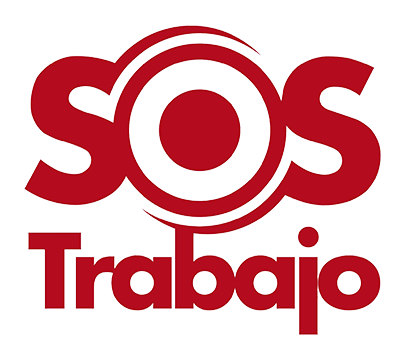Technology, healthcare, and financial services currently face the greatest challenges.
Today, seven out of ten companies in Costa Rica report difficulties in finding the personnel they need, according to a 2025 study by ManpowerGroup .
The situation is not new, and therefore, ” fierce competition for human talent” has emerged, according to several human talent specialists and recruiters.
Areas such as technology , healthcare, and financial services face the greatest challenges and even global competition, as today countless Costa Ricans can work from home anywhere in the country for a global company based in the United States or Europe, for example.
Added to this is the fact that the shortage of specialized talent is exacerbated because the academic training offered by universities and other educational institutions is not 100% aligned with the needs of businesses.
“According to our 2025 Talent Shortage Study , 71% of employers in Costa Rica report difficulty finding the talent they need, and this trend is mirrored globally, generating fierce competition for the most qualified candidates. This shortage, combined with high employee turnover, puts companies in a difficult position to retain top employees . The causes of this turnover include, among others, a lack of professional development opportunities and employees’ desire to find companies that offer a better work-life balance,” said Scarleth Tercero Loría, Country Manager for ManpowerGroup Costa Rica.
On the other hand, there is a flight of talent abroad for better working conditions and benefits, and of course, demand exceeds supply in rapidly growing industries and sectors, added Amanda Arias Hernández, consultant, professor, and specialist in human talent management .
What to do to retain key talent?
Given this situation, the experts consulted by LA REPÚBLICA recommend that companies promote a healthy work environment.
Flexible working with hybrid or remote work on some days, real growth opportunities within the company, and a work-life balance are vital to retaining key employees.
Likewise, in the case of younger workers such as Generation Z, companies must have clear ideals of inclusion, respect for the environment , female equality, and other values.
At the same time, clear, transparent, and respectful communication is key to ensuring employees feel valued in their workplaces.
Regarding the benefits, Joscelyn Calderón Berrocal, Human Talent Manager at RSM Costa Rica, points out that it is essential to understand each case individually.
“The key is knowing people. While it’s not always possible to tailor benefits individually, appropriate segmentation and close communication with our leaders allows us to identify which non-salary factors can truly attract and retain talent. For example, I’ve met employees who, at one stage of their lives, would be willing to sacrifice up to 10% of their salary in exchange for greater flexibility or the ability to work from home,” said Calderón.
Finally, Melissa Concepción, from SOS Trabajo , spoke about the challenge companies face in keeping up with the organizational culture preferred by millennials and Generation Z.
“Adjustments must be made to integrate these generations with the rest of the company. Likewise, the benefits of new trends must be verified. We must also carefully analyze the development that employees will have in different positions, without forgetting that these new generations seek inspirational leadership,” Concepción concluded.
Read the full article at https://www.larepublica.net/noticia/competencia-por-talento-humano-es-feroz-segun-reclutadoras


